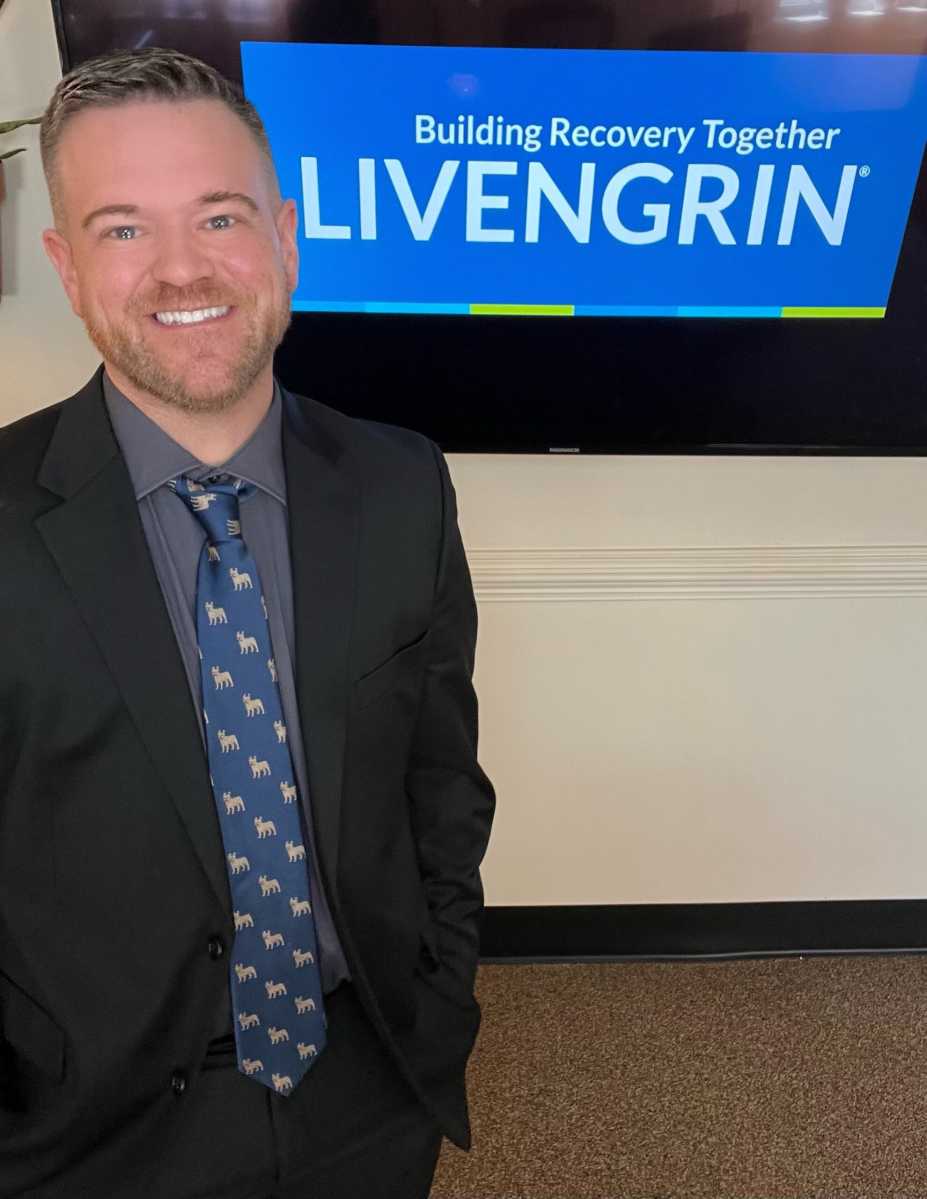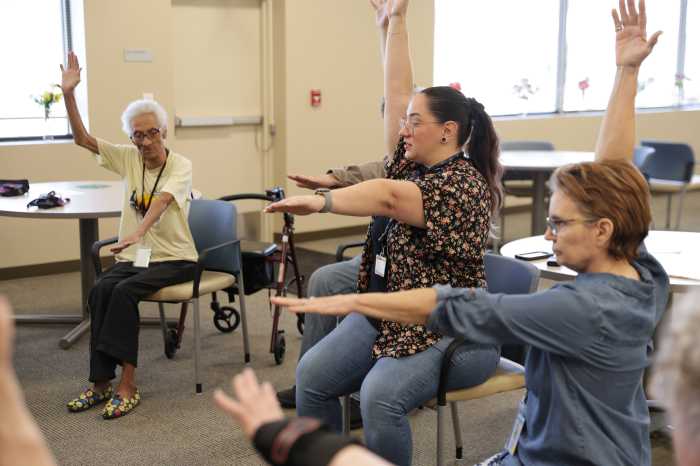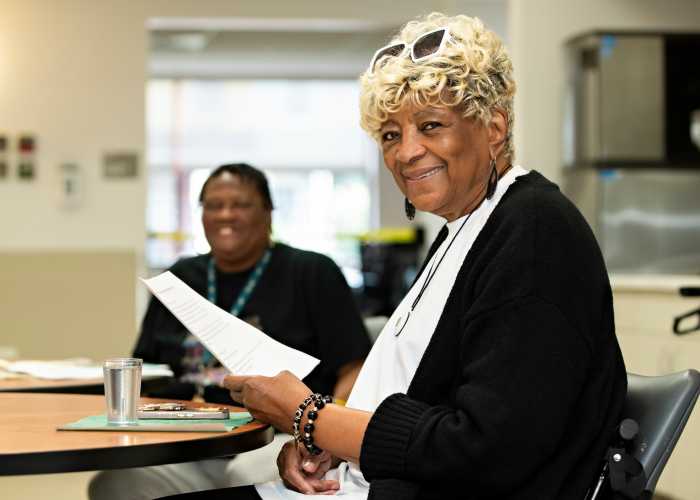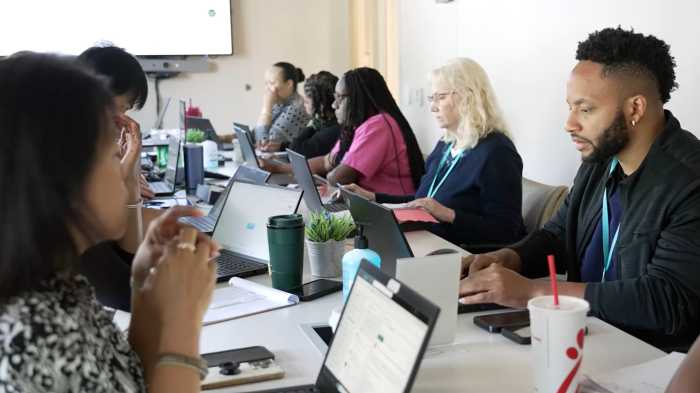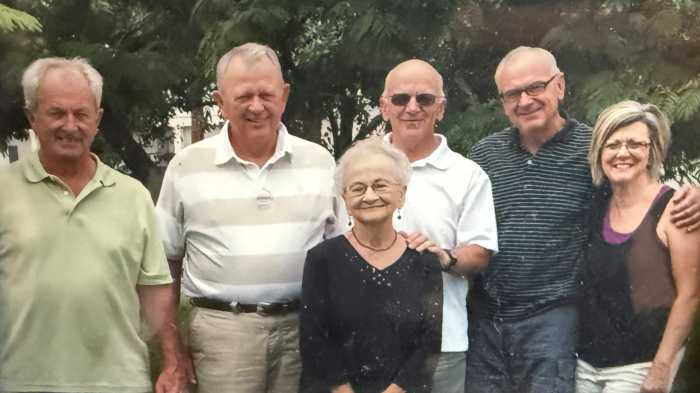“Everyone’s journey with addiction is unique … and so are we.”
That is the motto of Livengrin Foundation, an addiction treatment and drug rehab center that serves the Philadelphia area, and it’s something its workers embrace everyday. Livengrin’s dedication to addiction, detoxification and healing is individualized to a person’s needs, something tailormade and created in to order to accommodate every patient.
The goal of any treatment at Livengrin, then – be it in a small group or in an individual setting – starts with “considering our patients’ many different struggles and challenges, and creating a safe space,” says Nicole Crossley, a program manager at Livengrin’s Northeast Philadelphia center.
“And we consider people patients from the very first phone call they make when we begin gathering information,” adds Crossley. “How they’re treated, even on the phone, dictates if they want to come here, and into treatment. We get to know them from our first assessment — what and why are your presenting issues? What is your pattern of use, if they have one at all? Maybe they’ll be open. Maybe they will be paranoid. Many times, these issues in the substance use population only come out when something bad happens — like if an employer becomes aware of employee’s troubles during a drug test.”
No matter when they come in, or how they get there, Livengrin’s patients are viewed in an holistic manner — “where everything about them relates to something else, whether that is clear or not” — and with warmth and tenderness.
“Even patients who might not have deeper issues have shame or are embarrassed that they had to call for help.”
Crossley is adamant when she says Livengrin deals with patients on a “case-by-case basis.” Such singular care allows every member of the Livengrin team, from doctors to councilors, greater flexibility whether it’s dealing with a patient’s work schedule or deeper, more personal needs.
“What is most effective (for all levels of care) is the singular, personal treatment we can give each patient,” Crossley says. “One of the most gratifying things is seeing patients who were angry they had to come here, happy that they came, content and well.”
Starting with a thorough assessment process, Livengrin begins to tailor a patient’s potential care – from events that have shaped you through to the barriers that you have overcome.
“What is different, what, perhaps, has worked with other patients who are similar, what it is that is your addiction — these things matter,” she explains. “Different substances such as alcohol, come with different stigma. Substance of choice, stressors they go through currently – holistically, what must a councilor do, how must I expand my skills and learning in order to help this person through their issue?”
In Livengrin’s quest for individualized treatment that touches on the proactively creative, each of the Foundation’s councilors recommend traditional therapeutic methods in art therapy, music therapy and talk therapy to invigorate its patients.
“People, at first, think that it is about being a good artist, or drawing nice looking pictures. Which it’s not. Once they try it, and see that it is an alternative way to express yourself, it becomes a tool,” Crossley says. “Patients are surprised about how making art makes them feel, how cool the process is — a mindfulness activity. What is most creative about creative therapy is reaching deep and finding out what each patient is interested in, and turning that into something that benefits each person.
“You can’t keep recycling the same topics and therapies. We have to find ways to keep it interesting every time. We don’t have set schedules or set modules. At Livengrin, we mix it up.”
For more information, visit livengrin.org
Sponsored content produced in partnership with Livengrin Foundation



